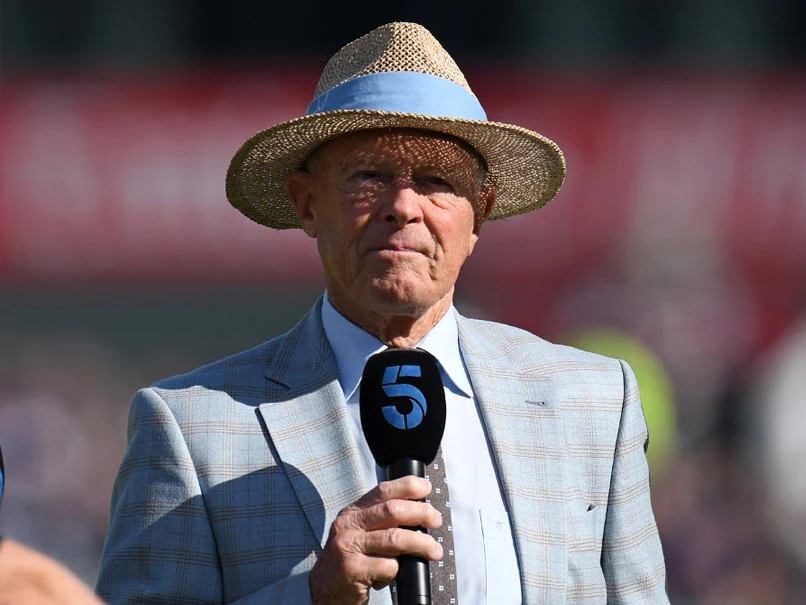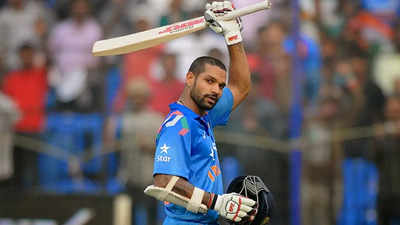NEW DELHI: England cricket legend Geoffrey Boycott has been readmitted to the hospital following a setback in his recovery from recent throat surgery. The 83-year-old’s family reported that “things have taken a turn for the worse” since he was discharged on Friday after undergoing a successful procedure to remove a cancerous tumor.
Unfortunately, Boycott’s health has declined further, and he has now contracted pneumonia, a serious lung infection that poses significant risks for individuals of advanced age. His readmission highlights the severity of his condition and the necessity for close medical supervision during this critical period.
In a statement on Boycott’s X account, his family expressed gratitude for the overwhelming number of well wishes: “Thank you all for the well wishes; we’ve been blown away by the sheer number of them. Unfortunately, things have taken a turn for the worse. My father has developed pneumonia and is unable to eat or drink, so he is back in the hospital on oxygen and a feeding tube for the foreseeable future.”
This marks Boycott’s second battle with throat cancer, having previously fought the disease in 2002, during which he underwent chemotherapy and radiotherapy treatments.
Boycott’s cricketing career is distinguished; he is among a select few to have scored 100 first-class centuries. Over his England career, he accumulated more than 8,000 runs in 108 Test matches, with an impressive average of nearly 48. In 1978, he also served as England’s captain for four Tests in the absence of Mike Brearley due to injury.
After a remarkable 24-year first-class career that concluded when Yorkshire released him in 1986, Boycott transitioned successfully into journalism and broadcasting. His insightful commentary and analysis earned him a dedicated following, particularly in the Indian subcontinent.
In 2020, after 14 years as a commentator on BBC Radio’s Test Match Special, Boycott decided to step down, citing his quadruple heart bypass surgery in 2018 and the challenges of the coronavirus pandemic as factors influencing his decision to retire from the BBC.




